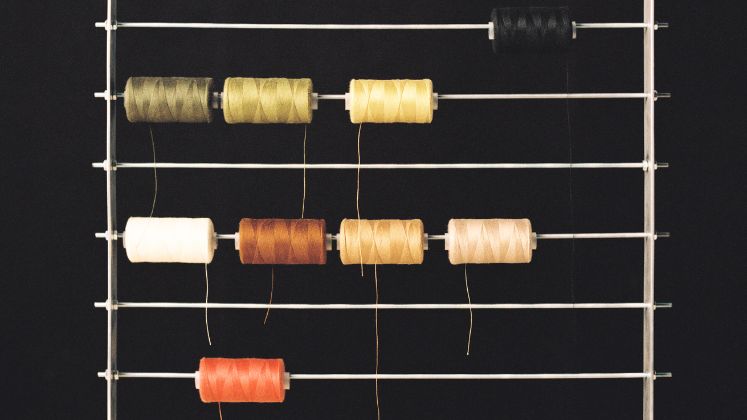Spanish fashion company, Mango recently invested in the start-up, The Post Fiber, a company committed to repurposing post-consumer textile waste to come up with new fibres for the garment industry.
With this investment that will be channelled through Mango’s fashion start-up accelerator MangoStartUp Studio, the fashion brand has become one of the first companies to utilise the post-consumer textile waste in its line of clothes.
In fact, Mango has already unveiled a collection that’s developed from post-consumer recycled fibres called Mango Teen, which is the brand’s line for youth. Made from 80 per cent recycled materials out of which 15 per cent is from Post Fiber, this limited-edition capsule features casuals like T-shirts and is available on brand’s website and in select stores. The collection’s garments have been crafted from the reinvented new fabric and yarn.
Apart from incorporating post-consumer textile waste, the clothes in this collection have been dyed using an innovative technique – Pigmentura. Consequently, together with dyeing and post-consumer waste utilisation, the collection is a step towards fostering circular growth by the brand.
In this regard, Andrés Fernández, Director of Sustainability and Sourcing at Mango said that this collaboration with Post Fibre is not only aimed at reducing the impact on the environment but this partnership also seeks at capitalising on value creation.
Developed in association with the four major textile companies – Textil Santanderina, Moda-Re, Hallotex and Margasa, the Post Fiber with its prime focus towards transparency and innovation, will also have Berta Moral, Director of Mango Kids and Mango Teen, joining the Post Fiber’s board of directors.
Speaking about her association with the Post Fiber, Moral expressed that this collaboration will not only bring in a higher percentage of recycled fabrics in Mango’s collection but will also help in scaling solutions to advance the circular economy based on reduced ecological footprint.
This partnership also aligns with Mango’s commitment of reaching the goal of using 100 per cent environment-friendly fibres by 2030, and with this collaboration, the company has further increased its recycled content to 40 per cent.







